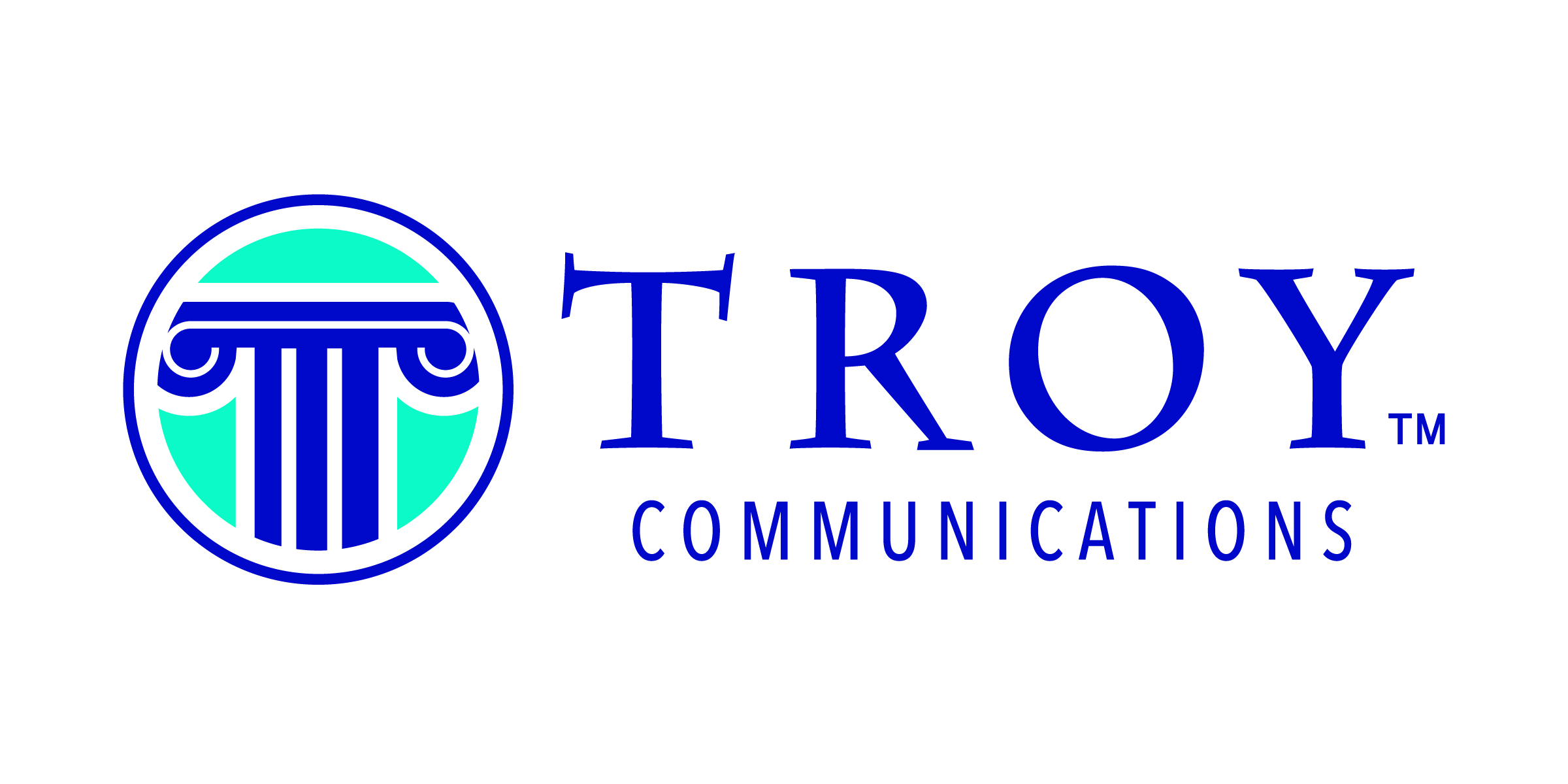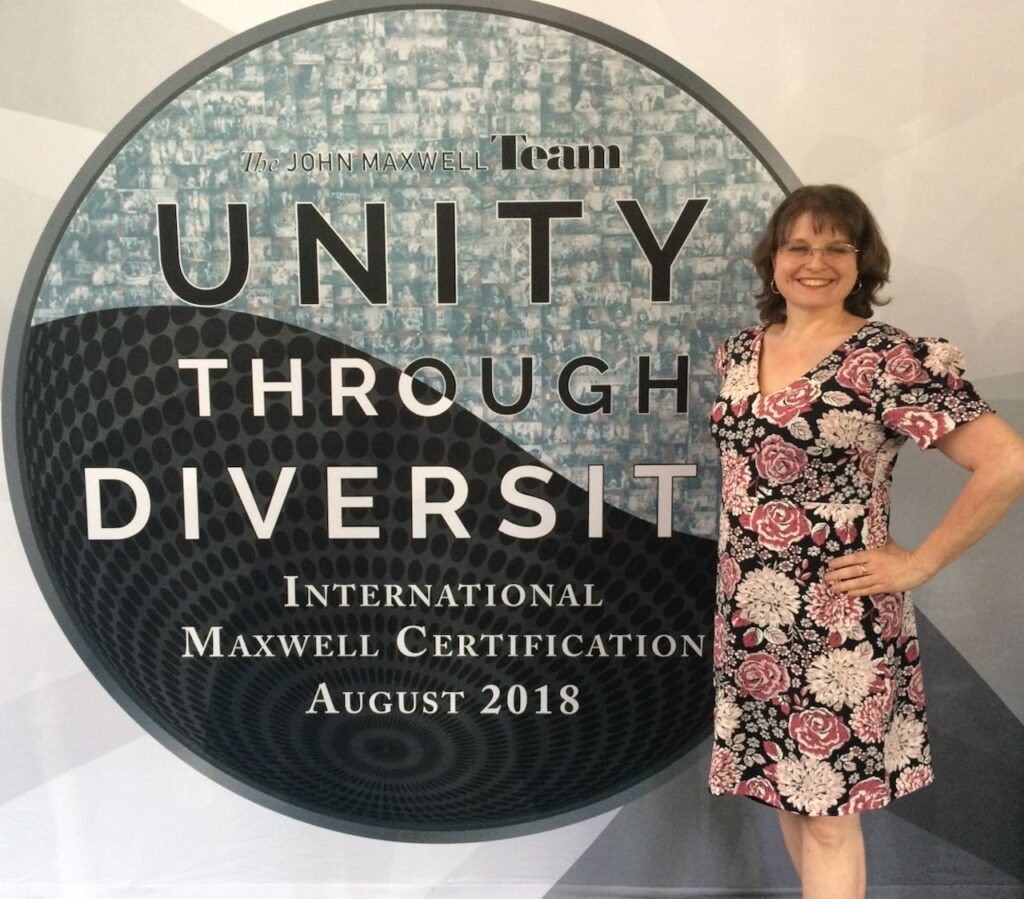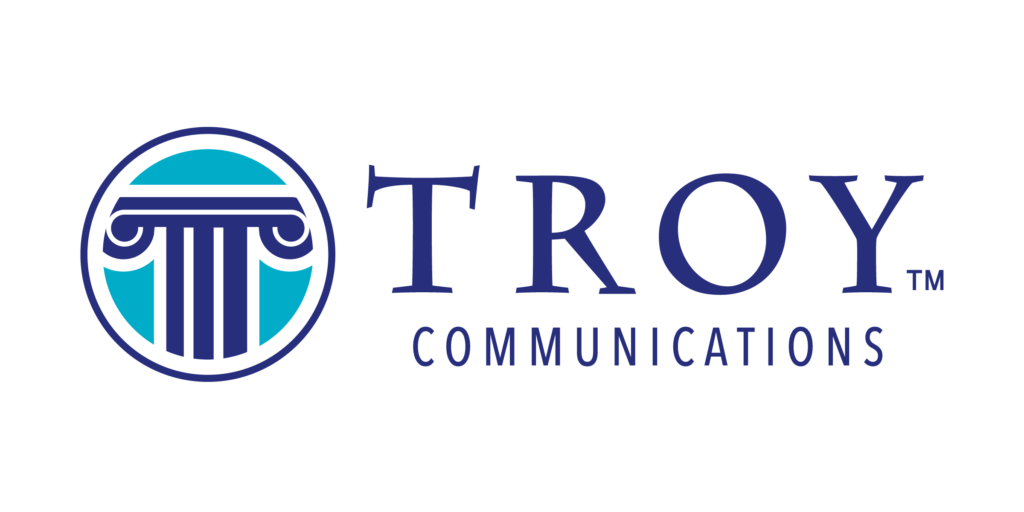
If you’re serious about learning how to get diverse team members to start working together like a well-oiled machine, then this list of common mistakes preventing people from engaging in cross-cultural communication holds the keys you need.
The moral with this list is don’t let uncertainty hold you back from engaging with different cultures.
There are common misconceptions people hold when interacting with other cultures. Everyone needs to understand this means you can change your mindset when approaching new cultures; however, these beliefs will keep you stuck in your efforts to create an inclusive environment.
Mistake # 1 – Expecting The Other Culture To Be Just Like Me
Many people encounter another culture and suddenly feel uncomfortable because everything seems different. However, when you expect things to be different, it becomes a more comfortable experience.
Mistake # 2 – Thinking Differences Are A Sign Of Superiority Or Inferiority
Many people see how other cultures function differently and assume their own way is better (or in some cases worse) than the new culture. However, there often is no right or wrong way to do something, just different ways that may be more or less effective.
Mistake # 3 – Refusing To Try Anything New
Many people avoid trying new things – food, fun, or festivals – because they are unfamiliar and they’re not sure they’ll like them. However, you’ll never know until you try! As long as you remain respectful, it’s ok to try something new and not like it.
My advice at this point is to learn more about what makes cultures unique and special.
Want even more? Well, if you’ve ever wanted a whole lot more detail about building a diverse team, my one-on-one complimentary consultation has the answers every leader needs. Click Here: https://calendly.com/tasham-troy/consultation





